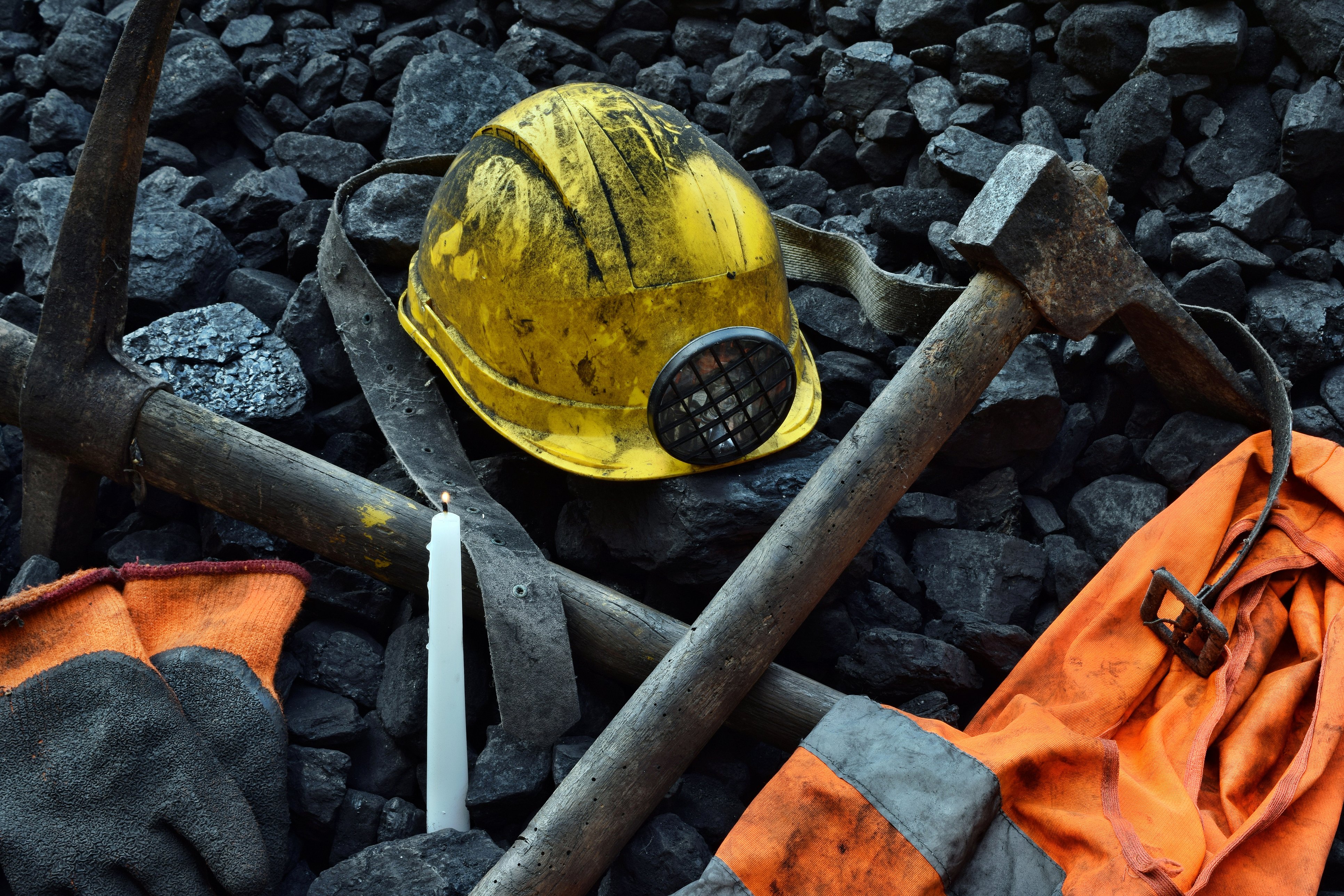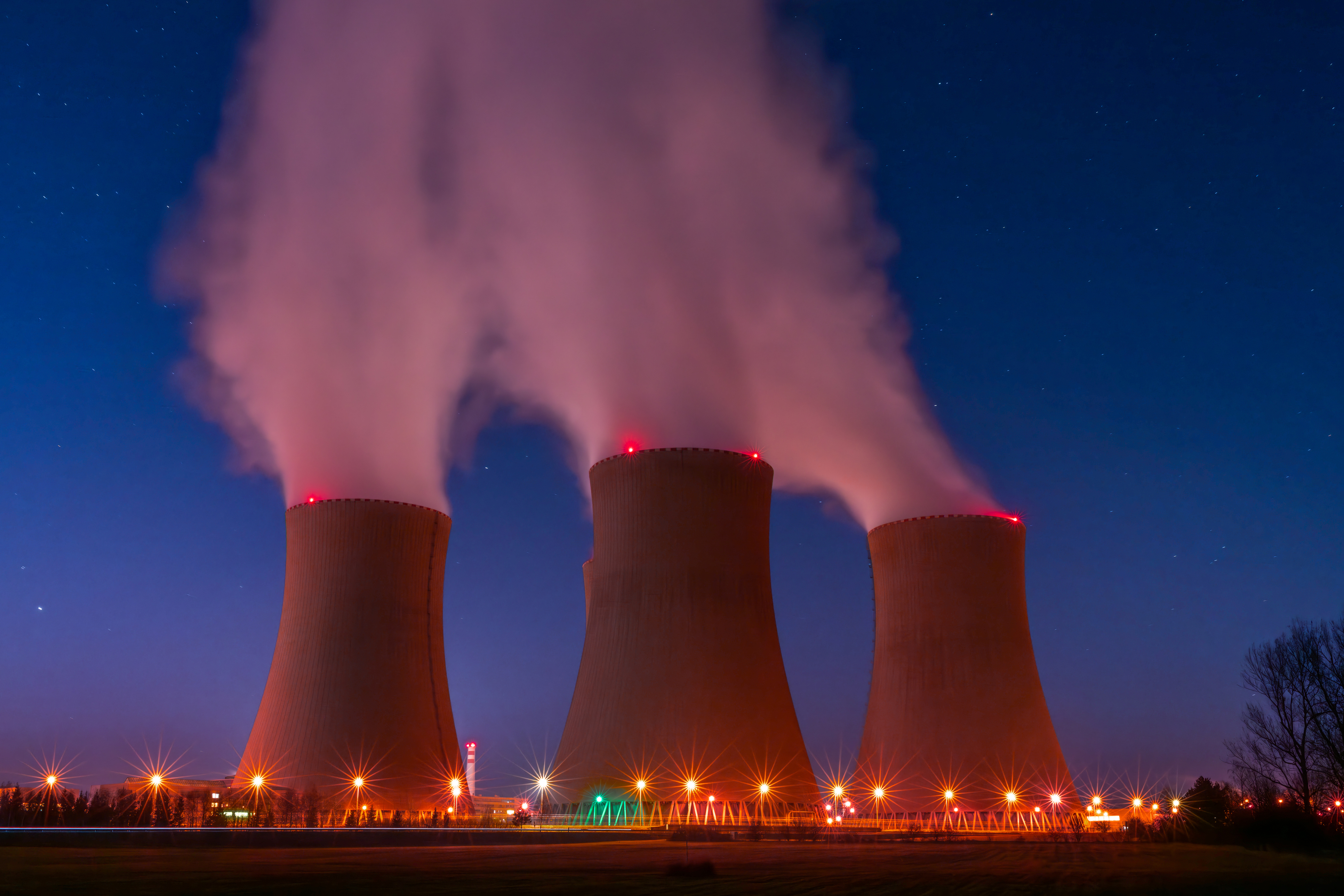Join Our Newsletter List
Never miss the latest strategies for protecting and growing your wealth.
Join our mailing list.
Actionable Insights From The Top Money Experts
We bring you the insights of the world’s top money experts and then connect you with like-minded, independent, trustworthy professional financials.
The U.S. Trade Representative’s Office is focused on resolving complications from the Commerce Depar...
GE Vernova (GEV) has been rallying as investors tie its power-and-grid exposure directly to the “AI ...
i-80 Gold announced a financing package of up to$500 million, a notable scale for a single-developer...
President Trump signed an executive order (“Strengthening United States National Defense with Americ...
TD Cowen downgraded NuScale Power after flagging rising execution and financing risks around the com...
Yahoo Finance’sUranium Stock Performancepage has been flashing a familiar signal: uranium-linked equ...
Electricity consumption is accelerating again, and the key message from OilPrice is blunt: demand is...
The Silver Institute released its 2026 outlook. Global demand to remain roughly unchanged in ’26, as...

-Feb-13-2026-11-44-12-8700-PM.jpg)


.jpg)


.jpg)



-Feb-11-2026-12-32-01-7337-AM.jpg)